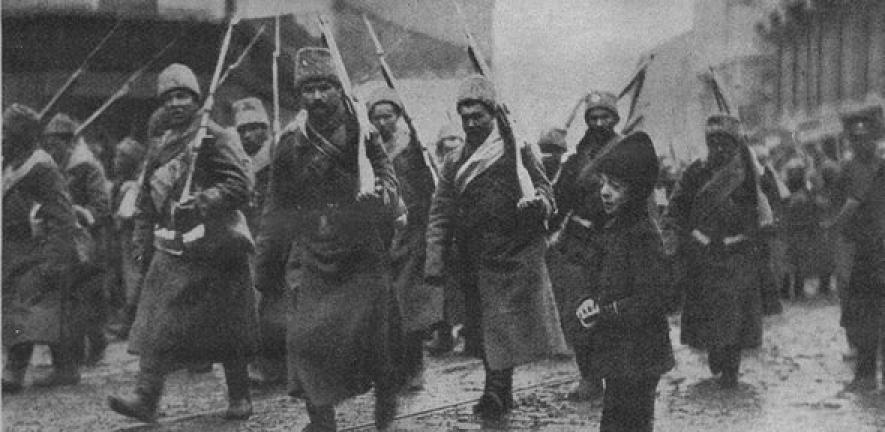Albert Valiakhmetov's article "Power and Society in Russia during the Years of the First World War: The Origins of Modern Domestic Historiography" offers an insightful analysis of the relationship between state power and society during one of the most critical periods in Russian history. The author emphasizes how these relationships contributed to shaping the foundations of modern Russian historiography, providing readers with a new perspective on well-studied events.
Analysis of Previous Research
Valiakhmetov meticulously analyzes the work of his predecessors, highlighting key points that were missed or insufficiently covered in previous research. He criticizes the unilateral approach to analyzing the role of power, often prevalent in domestic historiography, and underscores the importance of a comprehensive study of the interaction between power and society to understand the historical processes of that time.
Contribution to Modern Historiography
Valiakhmetov's most significant contribution lies in his ability to link historical events with contemporary trends in Russian historiography. He convincingly demonstrates that understanding the dynamics between power and society during the First World War can offer valuable lessons for the modern study and interpretation of Russian history.
Innovative Approach to Analysis
The author's innovative approach to analyzing documents and sources from that time is particularly noteworthy. Valiakhmetov not only revisits known facts but also introduces new information found in archives into his research. This allows him to propose an original interpretation of events, highlighting the interconnection between domestic policy, social sentiments, and foreign policy circumstances.
Conclusion: Looking Forward
In the conclusion, Valiakhmetov expresses confidence that his research contributes to expanding the horizons of modern domestic historiography, offering new methodological approaches and perspectives for future researchers. The author emphasizes the importance of continuing to analyze the interaction between power and society to more fully understand Russia's historical development.
Overall, Valiakhmetov's article represents a valuable contribution to the study of Russian history, offering a deep and multifaceted analysis of the complex relationships between power and society during a critical period of its development.
